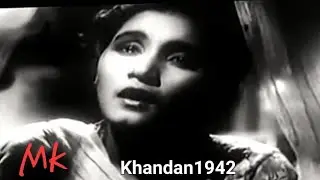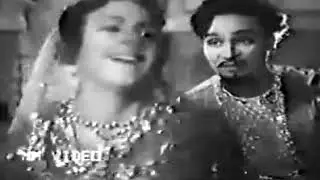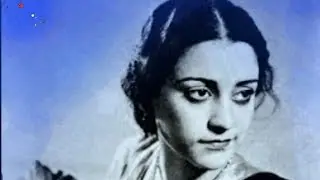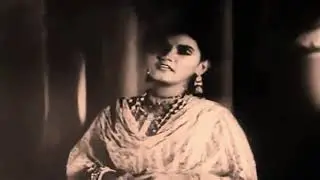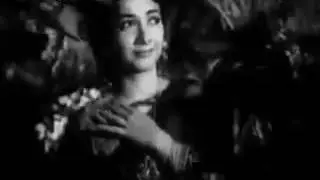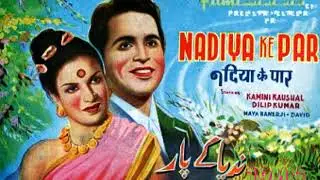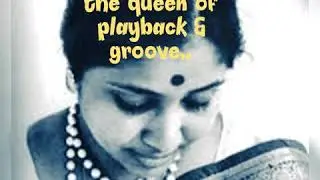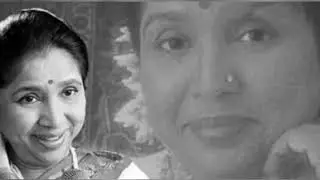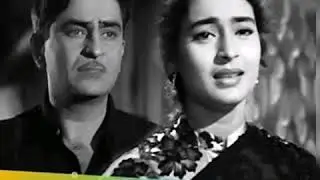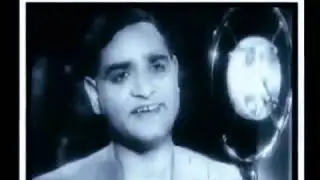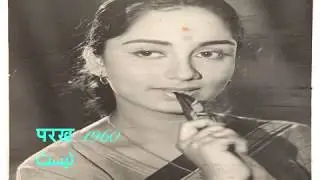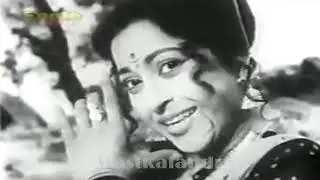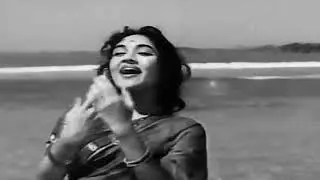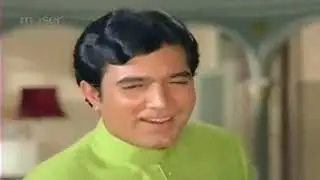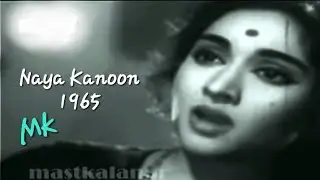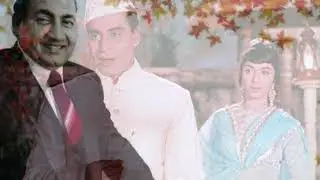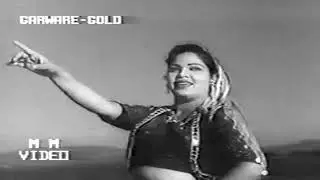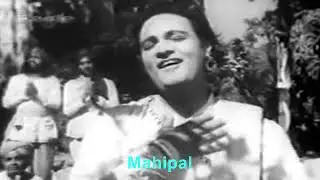piya aiso jiya me samay gayo re_ Sahib Bibi Aur Ghulam_Meena K& GuruDutt_Shakeel_HemantKumar_a trib.
Song: piya aiso jiya me samaay gayo re..
Film : Sahib Bibi Aur Ghulam,1962,
Singer : Geeta Dutt,
Lyrics : Shakeel Badayuni,
Music Director : Hemant Kumar,
Cast : Meena Kumari,Guru Dutt, Rehman, Waheeda Rehman,Nazir Hussain,Jawahar Kaul,Sapru,Meenu Mumtaz,Bimla Kumari,
Director : Abrar Alvi,
Producer : Guru Dutt,
Production Co: Guru Dutt Films Pvt. Ltd.
Lyrics :-
piya aiso jiya me samaay gayo re
ke main tan man ki sud bud gawa baithi
piya aiso jiya me samaay gayo re
ke main tan man ki sud bud gawa baithi
har aahat pe samajhi wo aay gayo re
har aahat pe samajhi wo aay gayo re
zat ghughant me mukhda chhupa baithi
piyaa aiso jiyaa me samaay gayo re
more angana me jab purawaiya chali
more dwaare ki khul gayi kiwadiya
more angana me jab purawaiya chali
more dwaare ki khul gayi kiwadiya
o baiya dwaare ki khul gayi kiwadiyaa
maine jaana ke aa gaye saawariya more
maine jaana ke aa gaye saawariya more
zat fulan ki sajiya pe jaa baithi
piya aiso jiya me samaay gayo re
ke main tan man ki sud bud gawa baithi
piya aiso jiya me samaay gayo re
maine sindur se maang apni bhari
rup saiya ke kaaran sajaaya
maine sindur se maang apni bhari
rup saiya ke kaaran sajaaya
o maine saiyaa ke kaaran sajaayaa
is dar se ke pi ki najar naa lage
is dar se ke pi ki najar naa lage
zat nainan me kajra laga baithi
piya aiso jiya me samaay gayo re
ke main tan man ki sud bud gawa baithi
har aahat pe samajhi wo aay gayo re
zat ghughant me mukhda chhupa baithi
piya aiso jiya me samaay gayo re...
Trivia :-
When Guru Dutt's Sahib Bibi Aur Ghulam was submitted for the Oscars, the academy wrote a letter to Guru Dutt saying a woman who drinks was not a permissible taboo in their culture.
The Tragedy Queen..Meena Kumari :-
Meena Kumari born Mahjabeen Bano
Born: 1 August 1933, Dadar, Mumbai
Died: 31 March 1972, Mumbai
The Tragedy Queen, she is also called Female Guru Dutt and is often remembered as Cinderella of Indian films
Kumari is often cited by media and literary sources as "The Tragedy Queen", both for her frequent portrayal of sorrowful and dramatic roles in her films and her real-life story
One of her best-known roles was in Sahib Bibi Aur Ghulam (1962), which was produced by Guru Dutt. Kumari played Chhoti Bahu, an alcoholic wife. The film was a major critical and commercial success, which was attributed by critics to Kumari's performance, which is regarded as one of the best performances of Hindi Cinema. The role was famous for its uncanny similarity to Meena Kumari's own life. At that time, she herself was on a road to gradual ruin in her own personal life. Like her character, she began to drink heavily, though she carried on. In 1962, she made history by getting all the three nominations for Filmfare Best Actress Award, for her roles in Aarti, Main Chup Rahungi, and Sahib Bibi Aur Ghulam.
She won the award for Sahib Bibi Aur Ghulam.
Pakeezah, starring Kumari and directed by her ex-husband Kamal Amrohi, took 14 years to reach the silver screen. First planned by Amrohi in 1958, the film went on the studio floors in 1964, but the shooting came to a standstill after their separation in March 1964, when it was more than halfway complete.In 1969, Sunil Dutt and Nargis previewed some reels of the shelved film and convinced the estranged Amrohi and Kumari to complete it.[1] Hindustan Times described the meeting which Dutt had organised between the two:
"Not much was said, but streams of tears were shed... Amrohi greeted her with a token payment of a gold guinea and the promise that he'd make her look as beautiful as the day she had started the film."
Gravelly ill, Kumari was determined to complete the film and, well aware of the limited time left for her to live, went out of her way to complete it at the earliest. Despite her rapidly deteriorating health, she gave the finishing touches to her performance. Initially, after its release in February 1972, Pakeezah opened to a lukewarm response from the public; however, after Meena Kumari's death less than two months later, people flocked to see it, making it a major box-office success. The film has since gained a cult and classic status, and Kumari's performance as a golden-hearted Lucknow prostitute drew major praise. She posthumously received her twelfth and last Filmfare nomination.
Throughout her life, Kumari had a love-hate relationship with movies, and besides being a top-notch actress, she was a talented poetess, and recorded a disc of her Urdu poems,
Three weeks after the release of Pakeezah, Meena Kumari became seriously ill, and died on 31 March 1972 of liver cirrhosis. At her death, she was in more or less the same financial circumstance as her parents at the time of her birth: It is said that when she died in a nursing home, there was no money to pay her hospital bills. She was buried at Rahematabad Qabristan located at Narialwadi, Mazgaon, Mumbai.








